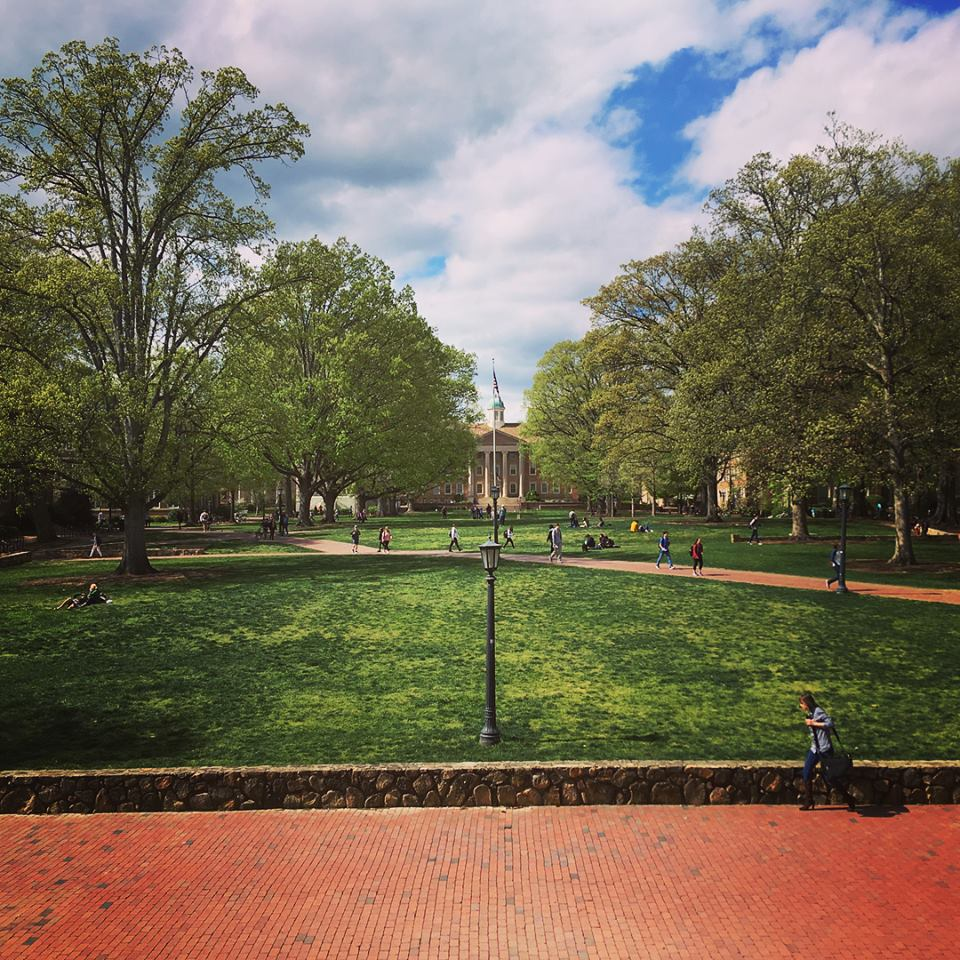NEWS
Dr.Kusá at Center for Slavic, Eurasian, and East European Studies at University of North Carolina on 17 April 2018
The migrant crisis in 2015 has caught most European countries unprepared and solicited diverse responses from the “old” and “new” Europe. Central European countries responded with almost hysterical fear and rejection of the possibility to settle some of the incoming refugees on their territory. This reaction has historical and cultural roots upon which the very conception of citizenship is defined and interpreted. It is connected to an exclusivist idea of a state-forming nation in this region, which already perceives the “old” ethnic minorities as symbolically less equal citizens to the ethnic Slovaks, Hungarians or Poles. Any “Other” is relegated to a more distant periphery of perceived belonging. This tendency is underscored by the relation of the Central European regimes to their own past — lack of accountability and responsibility for the fascist and communist past and tradition of “exporting” guilt West and East — so much so that the region has earned a label of a “memory hole of Europe.” This talk will examine how ideas about who belongs and perceived historical grievances impact the way citizenship policies are designed and implemented today.

